Simo Dragicevic
Accountability in AI: From Principles to Industry-specific Accreditation
Oct 08, 2021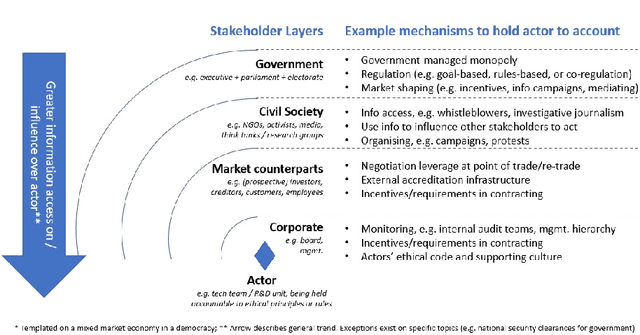


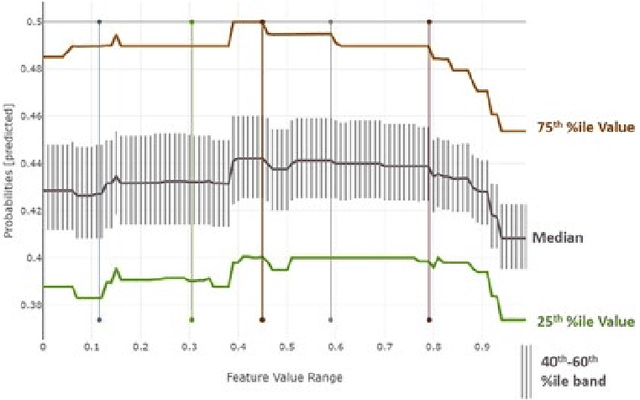
Abstract:Recent AI-related scandals have shed a spotlight on accountability in AI, with increasing public interest and concern. This paper draws on literature from public policy and governance to make two contributions. First, we propose an AI accountability ecosystem as a useful lens on the system, with different stakeholders requiring and contributing to specific accountability mechanisms. We argue that the present ecosystem is unbalanced, with a need for improved transparency via AI explainability and adequate documentation and process formalisation to support internal audit, leading up eventually to external accreditation processes. Second, we use a case study in the gambling sector to illustrate in a subset of the overall ecosystem the need for industry-specific accountability principles and processes. We define and evaluate critically the implementation of key accountability principles in the gambling industry, namely addressing algorithmic bias and model explainability, before concluding and discussing directions for future work based on our findings. Keywords: Accountability, Explainable AI, Algorithmic Bias, Regulation.
Synthetic Data Generation for Fraud Detection using GANs
Sep 26, 2021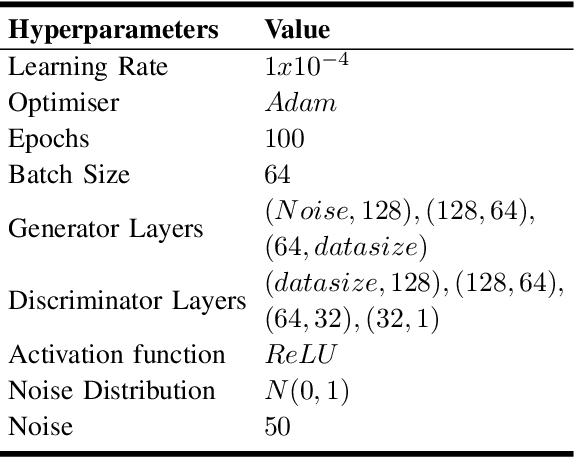

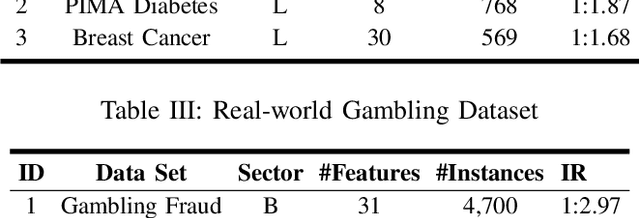
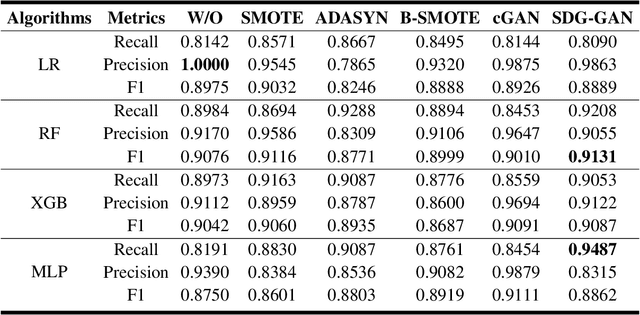
Abstract:Detecting money laundering in gambling is becoming increasingly challenging for the gambling industry as consumers migrate to online channels. Whilst increasingly stringent regulations have been applied over the years to prevent money laundering in gambling, despite this, online gambling is still a channel for criminals to spend proceeds from crime. Complementing online gambling's growth more concerns are raised to its effects compared with gambling in traditional, physical formats, as it might introduce higher levels of problem gambling or fraudulent behaviour due to its nature of immediate interaction with online gambling experience. However, in most cases the main issue when organisations try to tackle those areas is the absence of high quality data. Since fraud detection related issues face the significant problem of the class imbalance, in this paper we propose a novel system based on Generative Adversarial Networks (GANs) for generating synthetic data in order to train a supervised classifier. Our framework Synthetic Data Generation GAN (SDG-GAN), manages to outperformed density based over-sampling methods and improve the classification performance of benchmarks datasets and the real world gambling fraud dataset.
 Add to Chrome
Add to Chrome Add to Firefox
Add to Firefox Add to Edge
Add to Edge